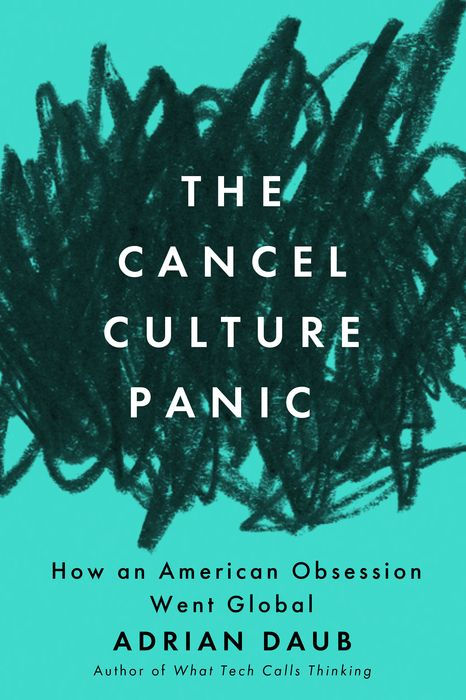The beginning of the end of in loco parentis came with the civil rights movement in the 1960s. The US Supreme Court ruled in 1961 that a public institution could not expel students for taking part in a protest. The Free Speech Movement in Berkeley was in part an attempt to counter the paternalism of in loco parentis. The notion that American universities are, or once were, precincts of perfect freedom of expression that have since lost their way relies on a considerable amnesia. And bizarrely, it wasn’t until after the abolition of in loco parentis, Sunday dancing bans, and the like—roughly since the 1970s—that public discourse in the United States became fixated on supposed threats to free speech on campus.
Historically, this became very clear in the late-20th-century panic around “speech codes”: language rules against harmful or hurtful speech. Many universities, wrote Jonathan Rauch in his 1993 book Kindly Inquisitors, “are doing exactly what a university, of all institutions, should not do: defining offensive speech as quasi-violent behavior, and treating it accordingly.” The debate about such supposed speech codes ran alongside the panic around political correctness. Time magazine famously claimed that “nowhere is the First Amendment more imperiled than on college campuses.” This fear found its expression in legislation. A Collegiate Speech Protection Act was proposed in Congress, but it never passed. California, on the other hand, enacted the Leonard Law in 1992, which prohibits private universities from punishing students for statements protected by the First Amendment. It (of course) exempted religious institutions.
The problem, however, was that the whole debate was based on a deliberate distortion of university practices. The debate assumed that universities had let their students and professors say all sorts of things for centuries and now were suddenly imposing narrow limits on campus discourse—all in the name of feminism and anti-racism. As we have seen, the first part of that story is incorrect—US universities have sought to curtail campus speech for centuries, and in far more draconian ways than today. But the second part of it also turns out to be bunk. As John K. Wilson wrote in 1997:
No one really knows how many colleges have speech codes for the simple reason that no one has ever defined what a speech code is. If a speech code means that colleges have the authority to punish students for certain verbal expressions that are threatening or abusive or offensive, then every college has a speech code and always has had one.
Indeed, there were plenty of traditional rules on the books, but they were tacitly accepted as irrelevant or baked in; they didn’t seem to merit reflection or media attention, but were simply part of how colleges had always run. Meanwhile any attempt to clarify or change existing rules was treated like the passage of laws. Many of the colleges that we read about in articles from the 1980s had not really created speech codes so much as simply rewritten outdated codes of conduct. Out were the arcane holdovers of in loco parentis; in came rules that brought the university into compliance with Title IX.
